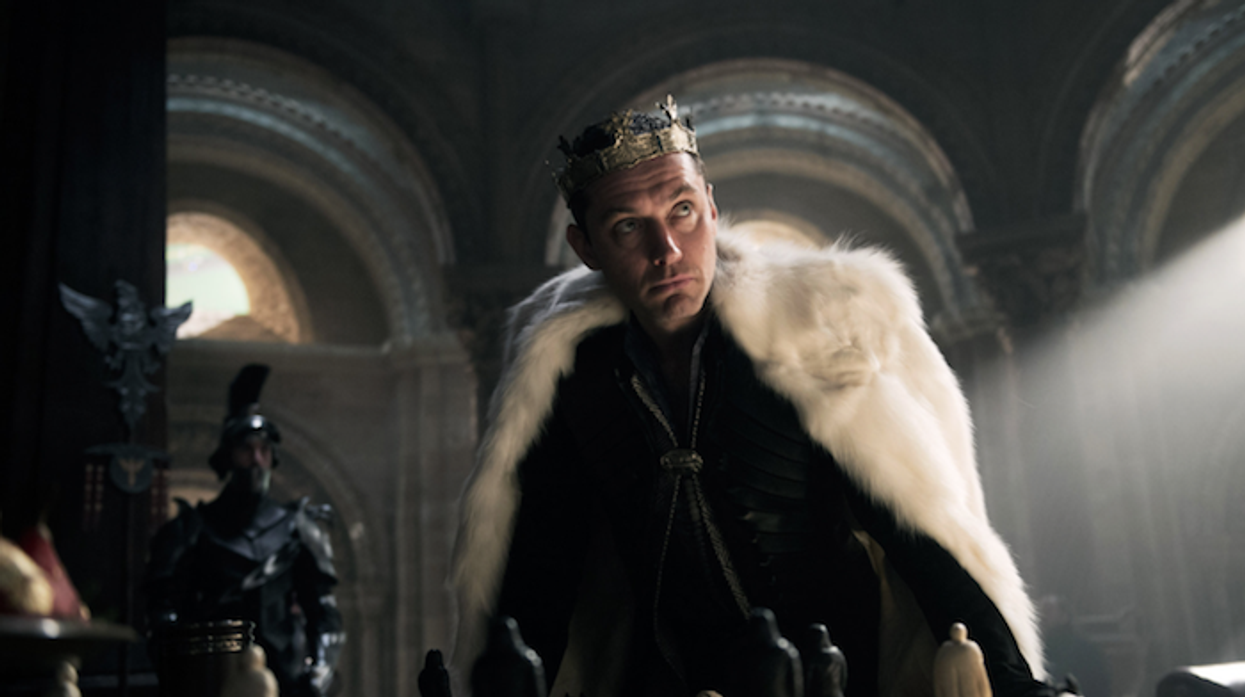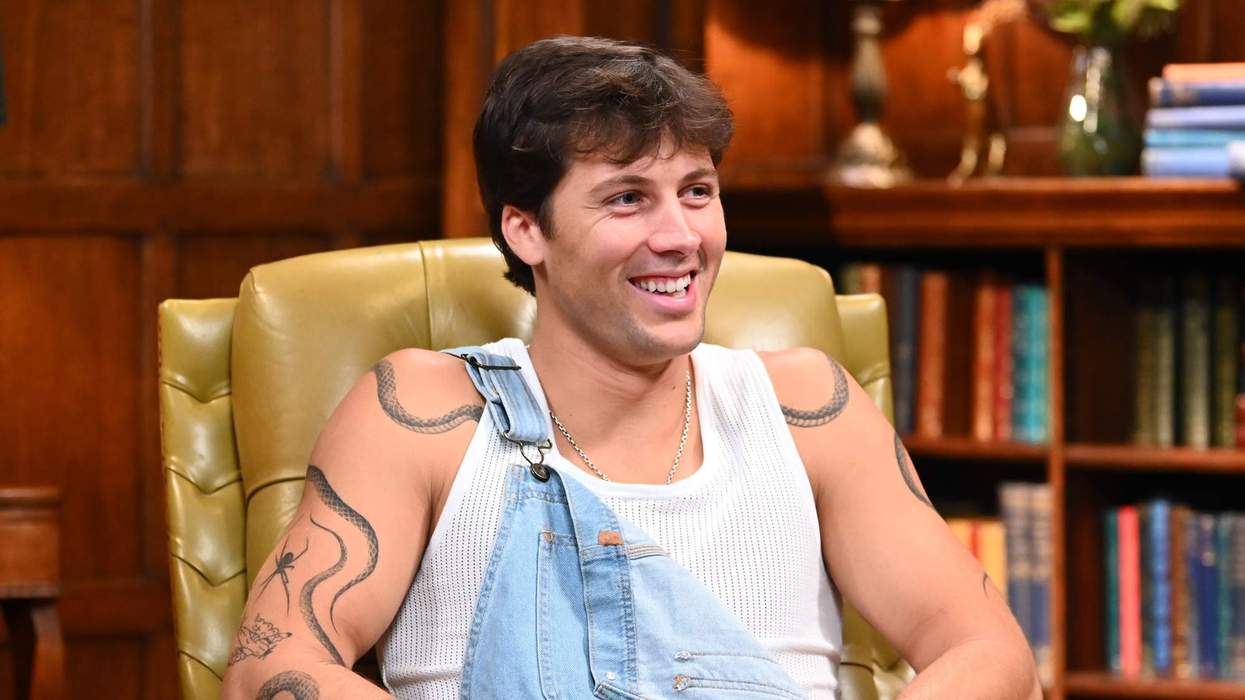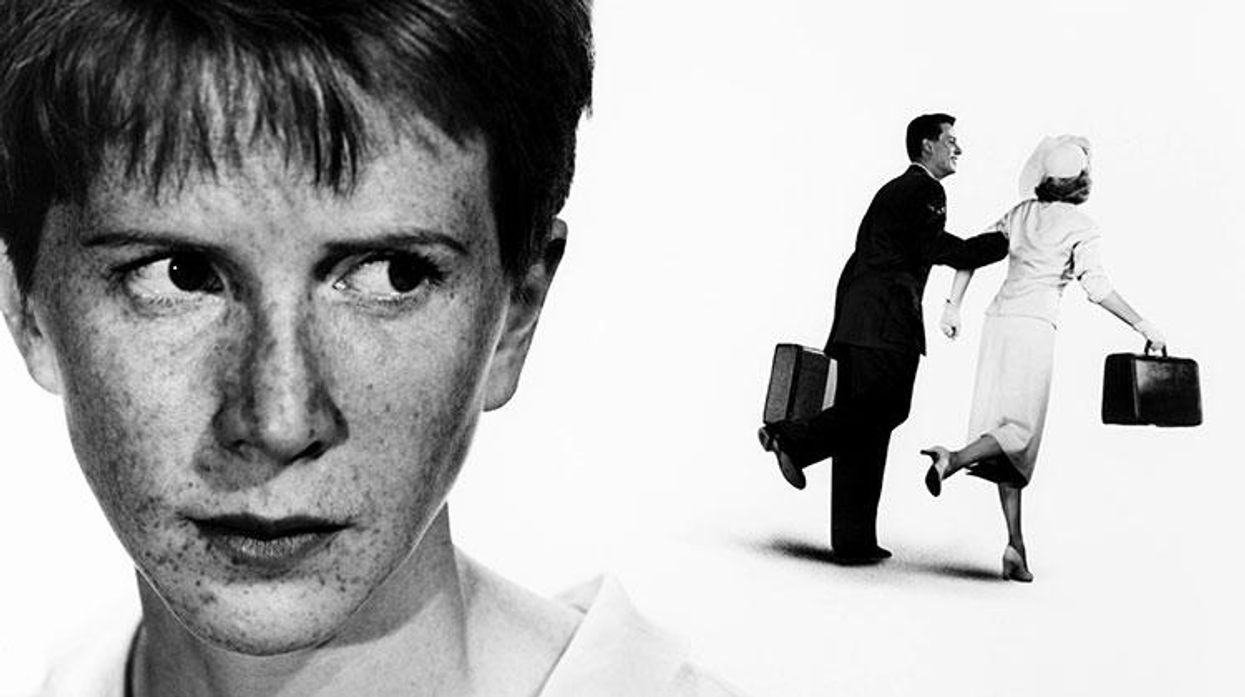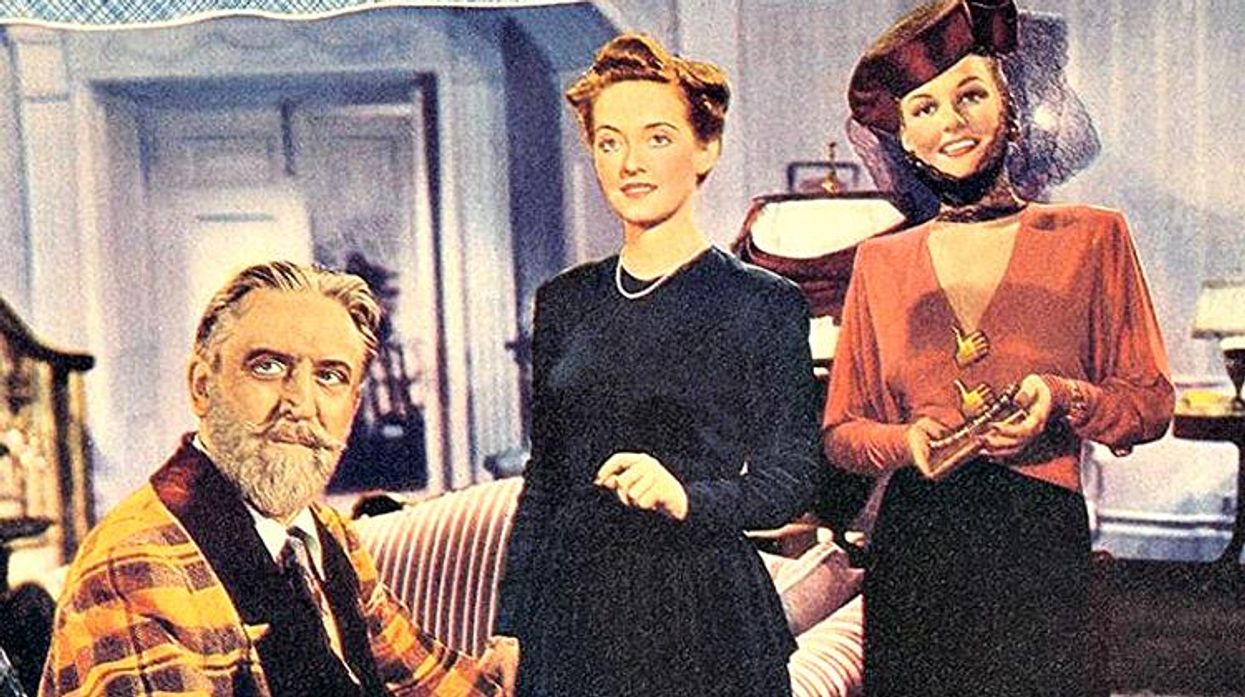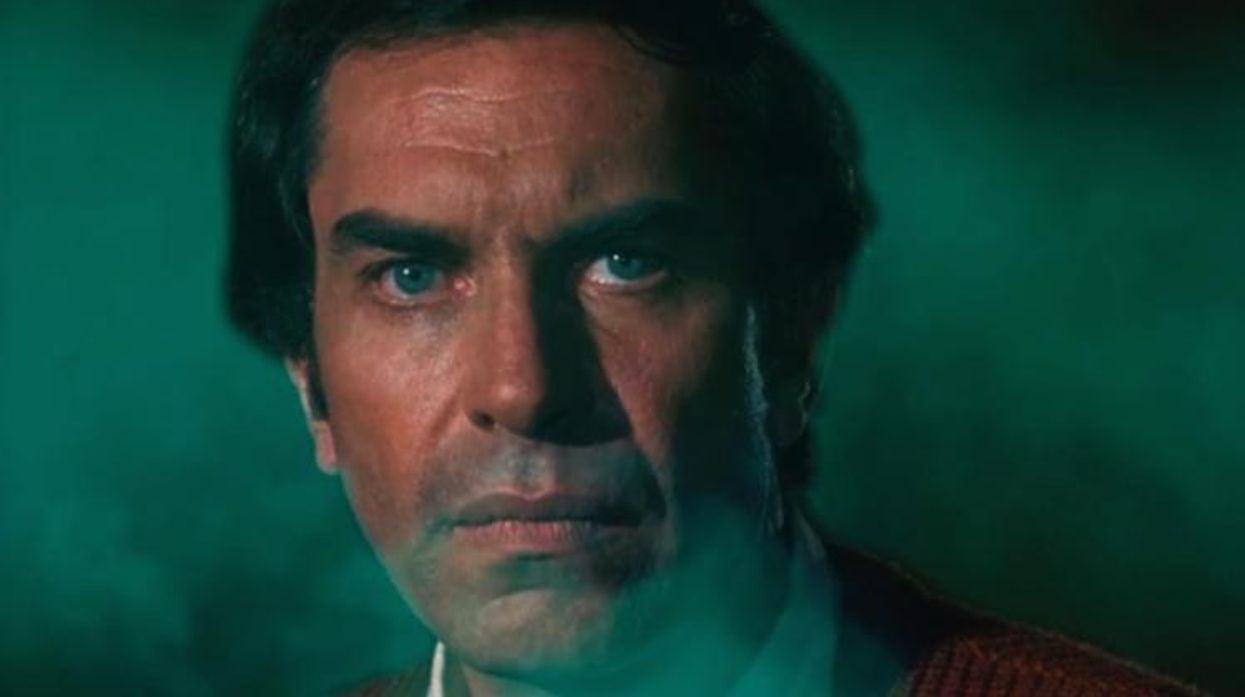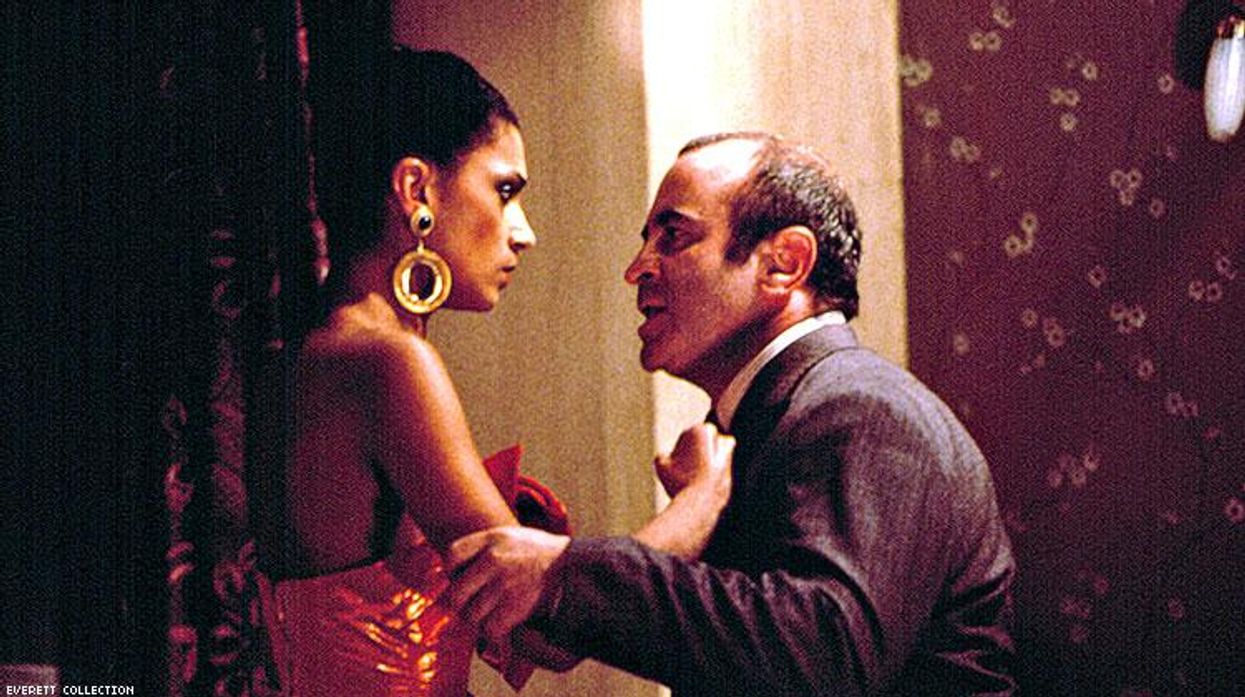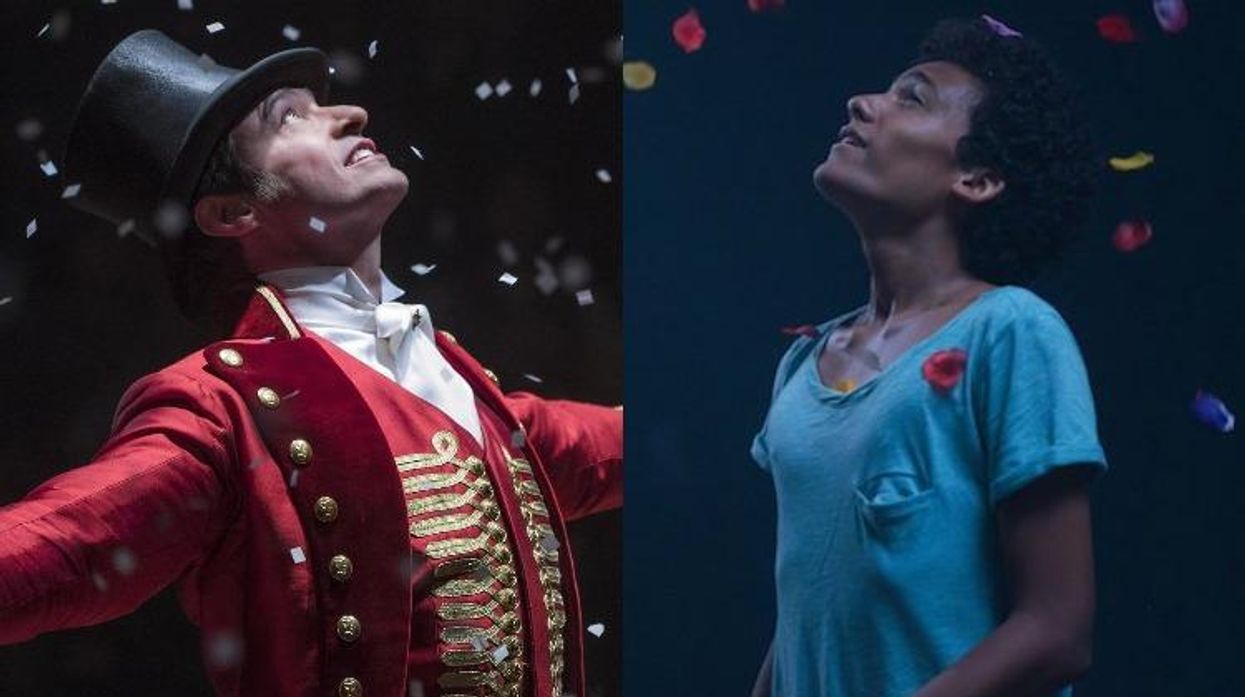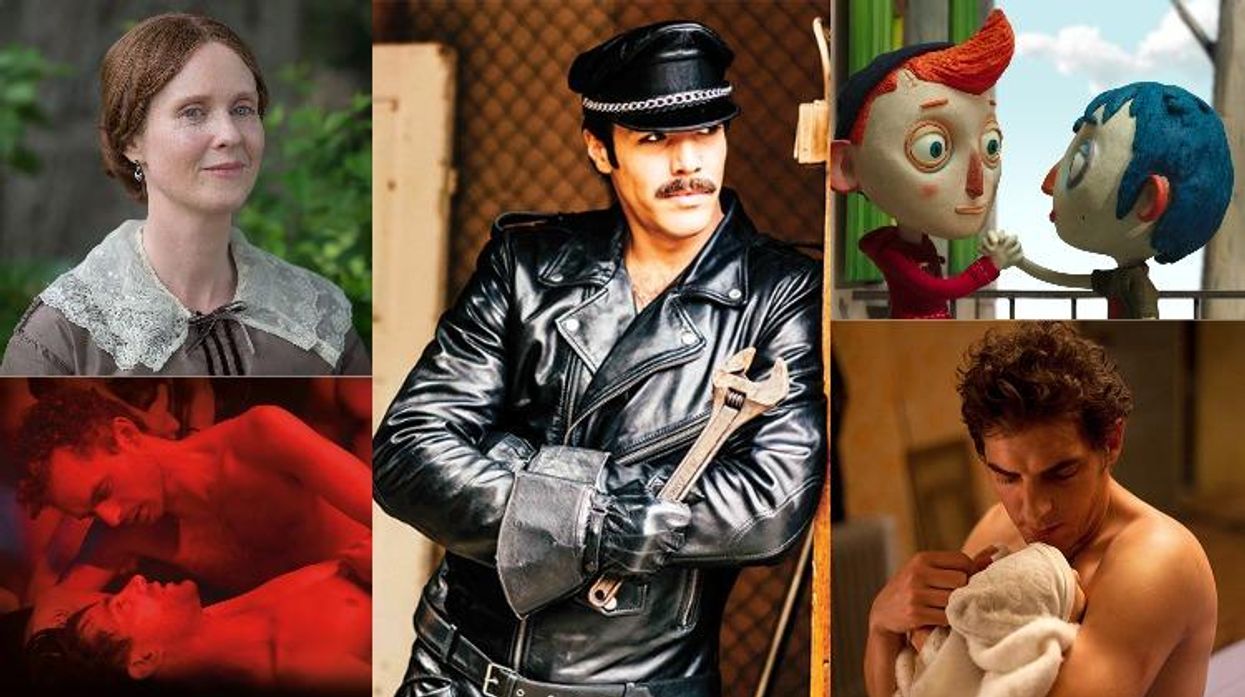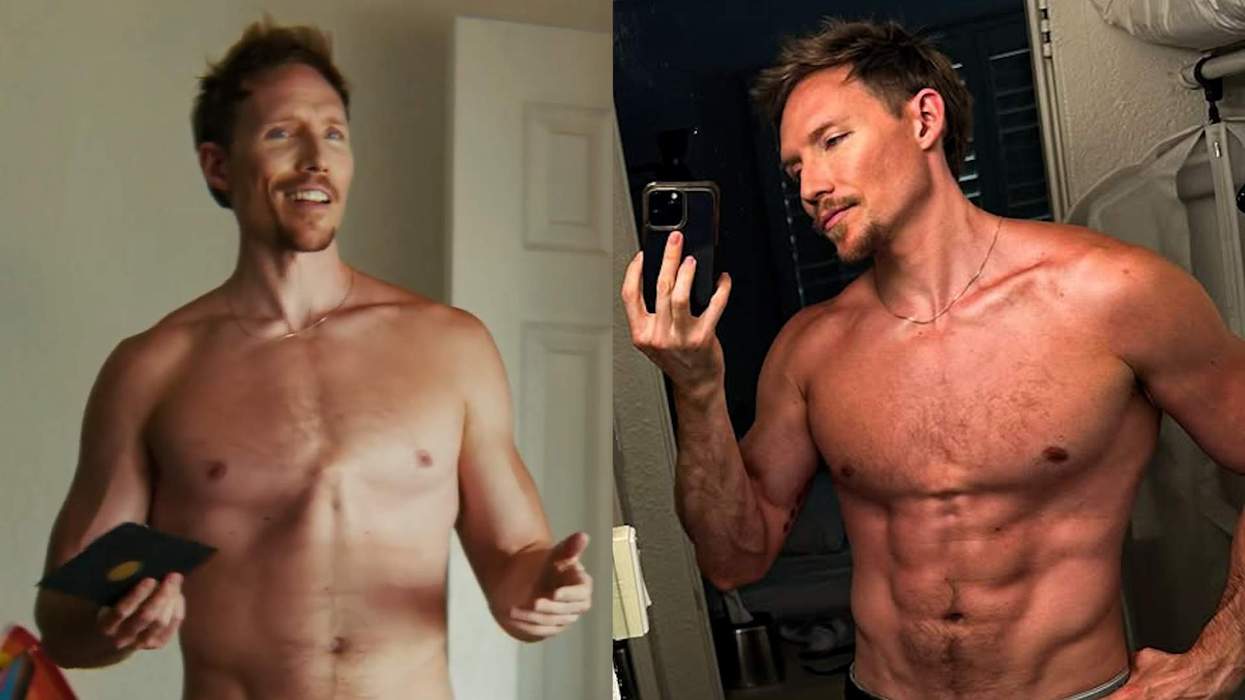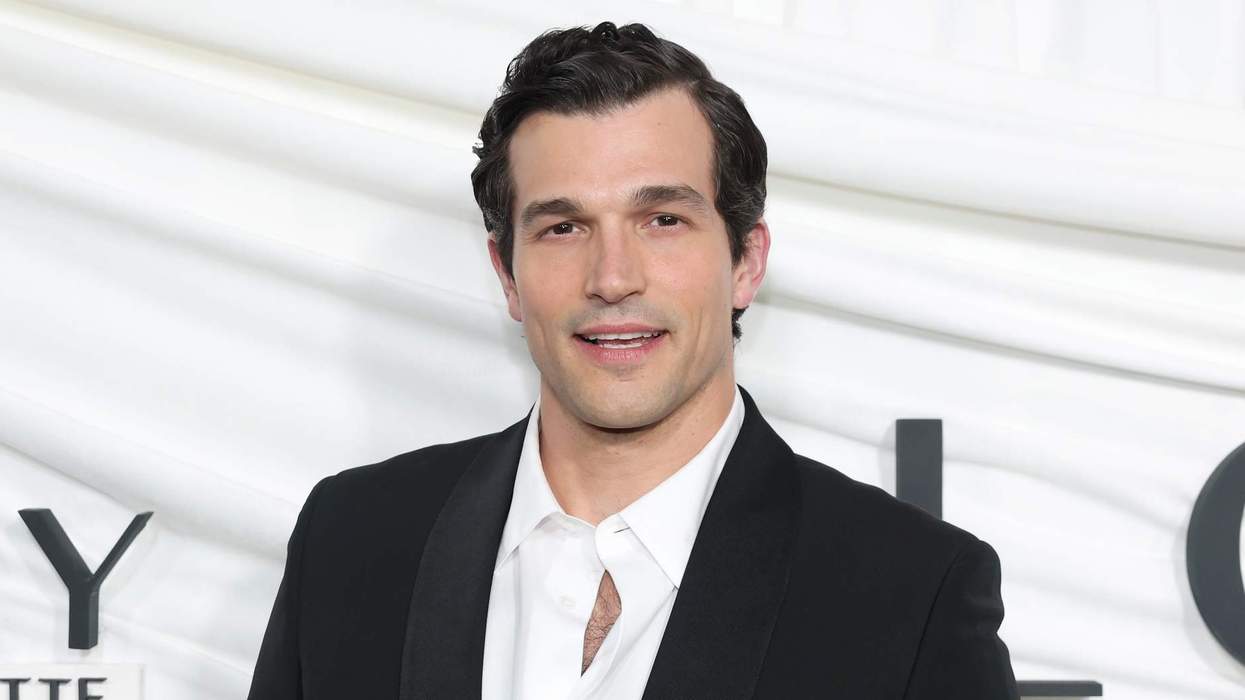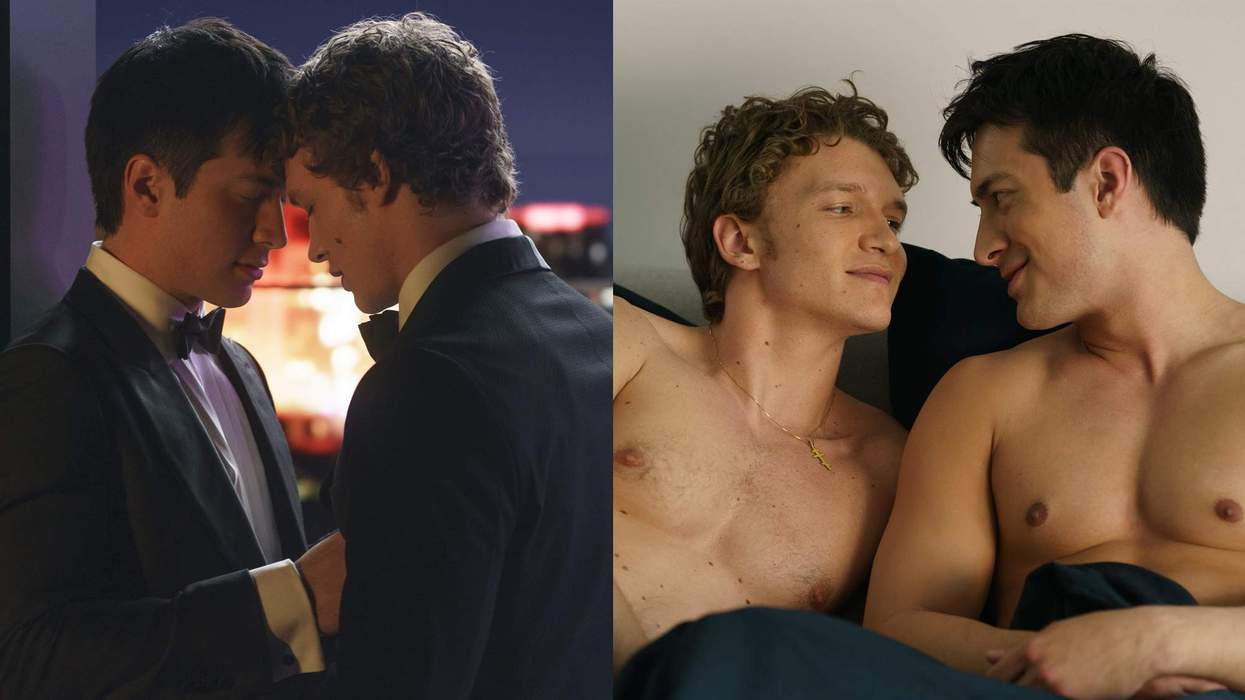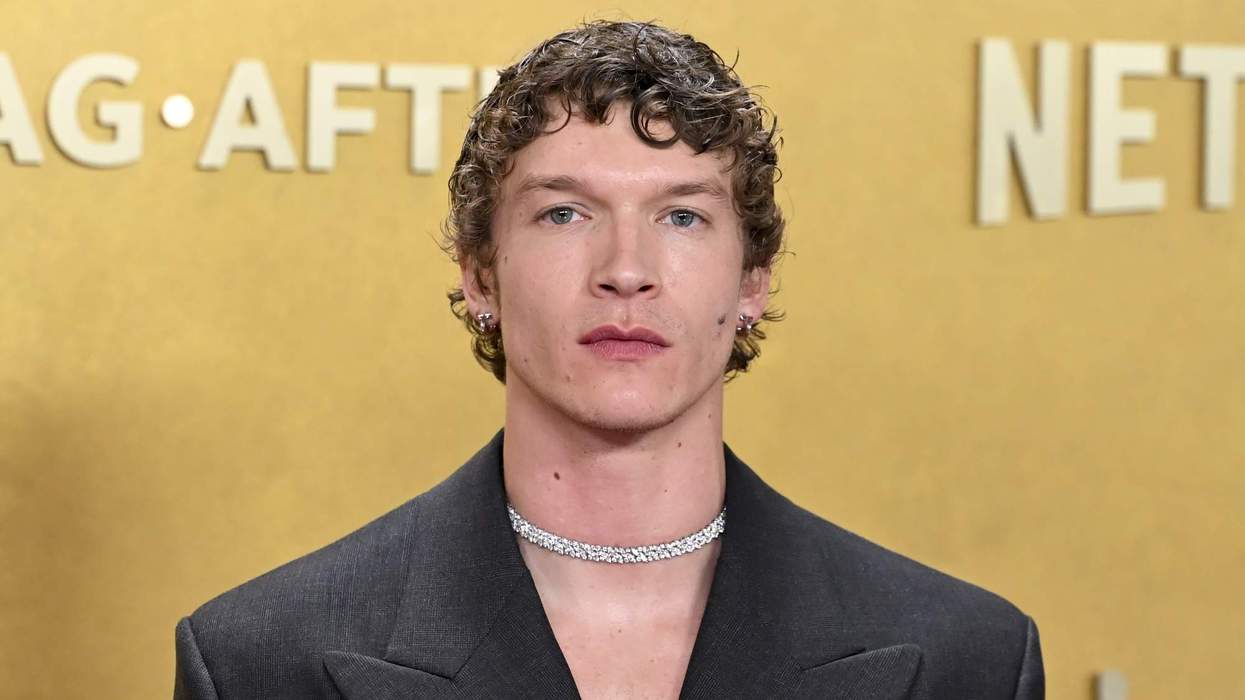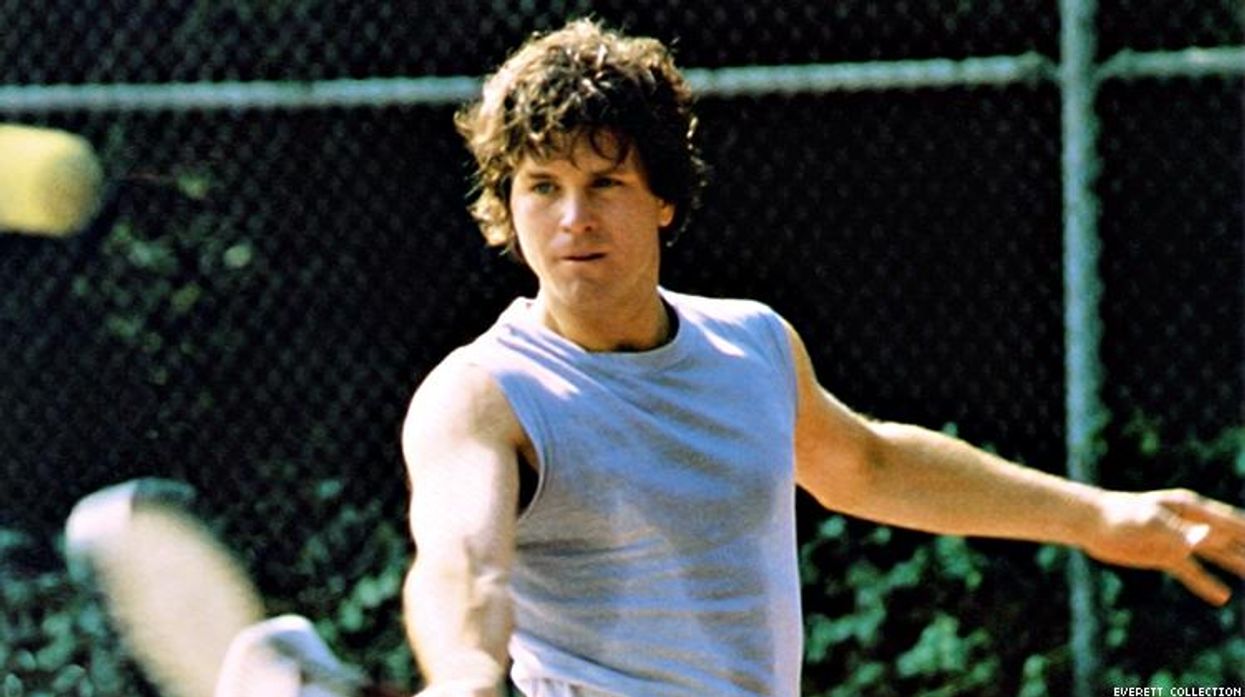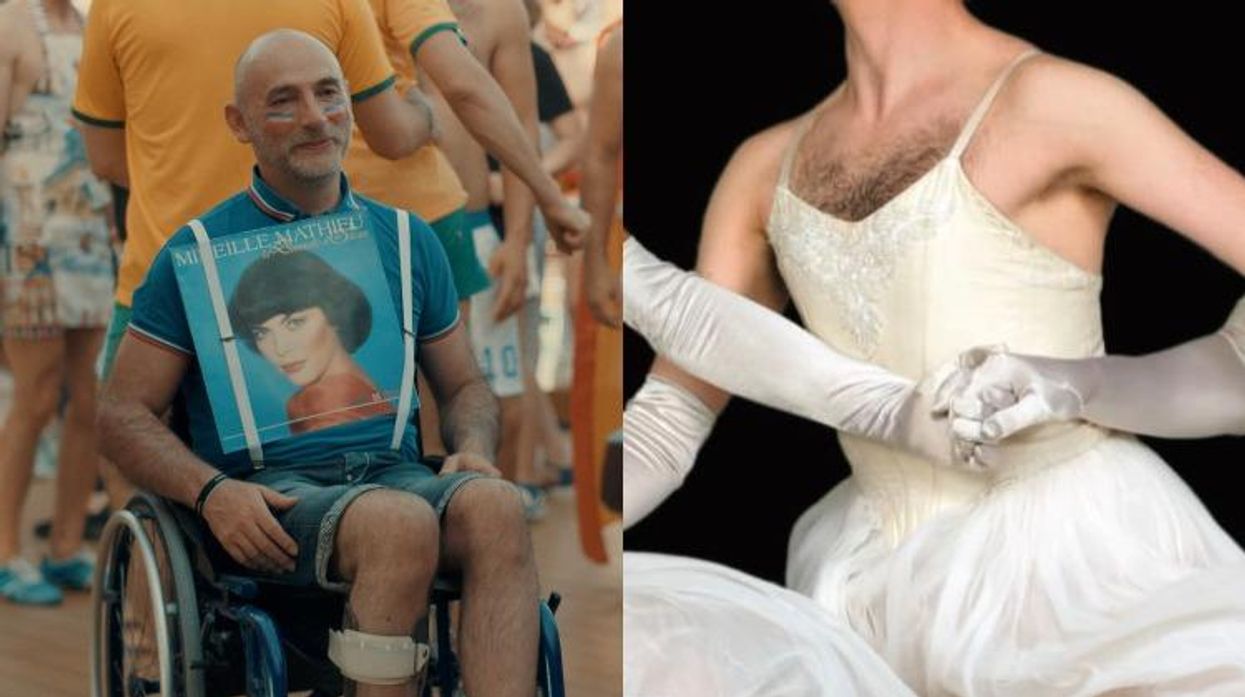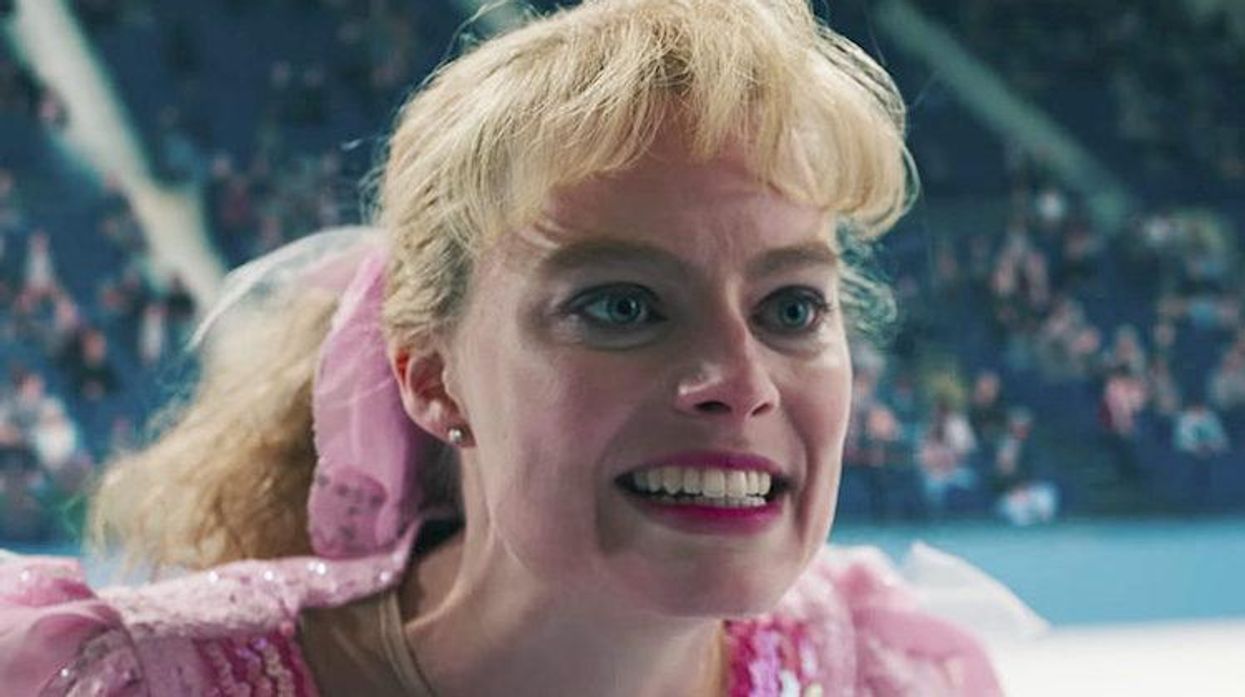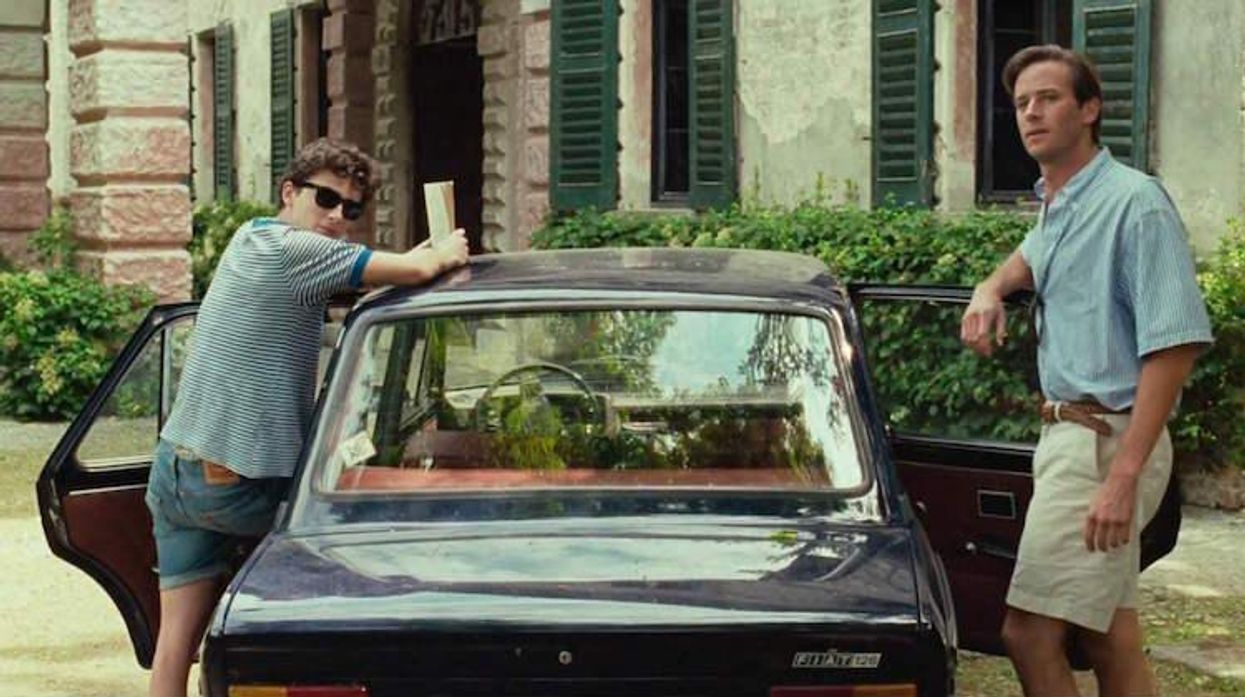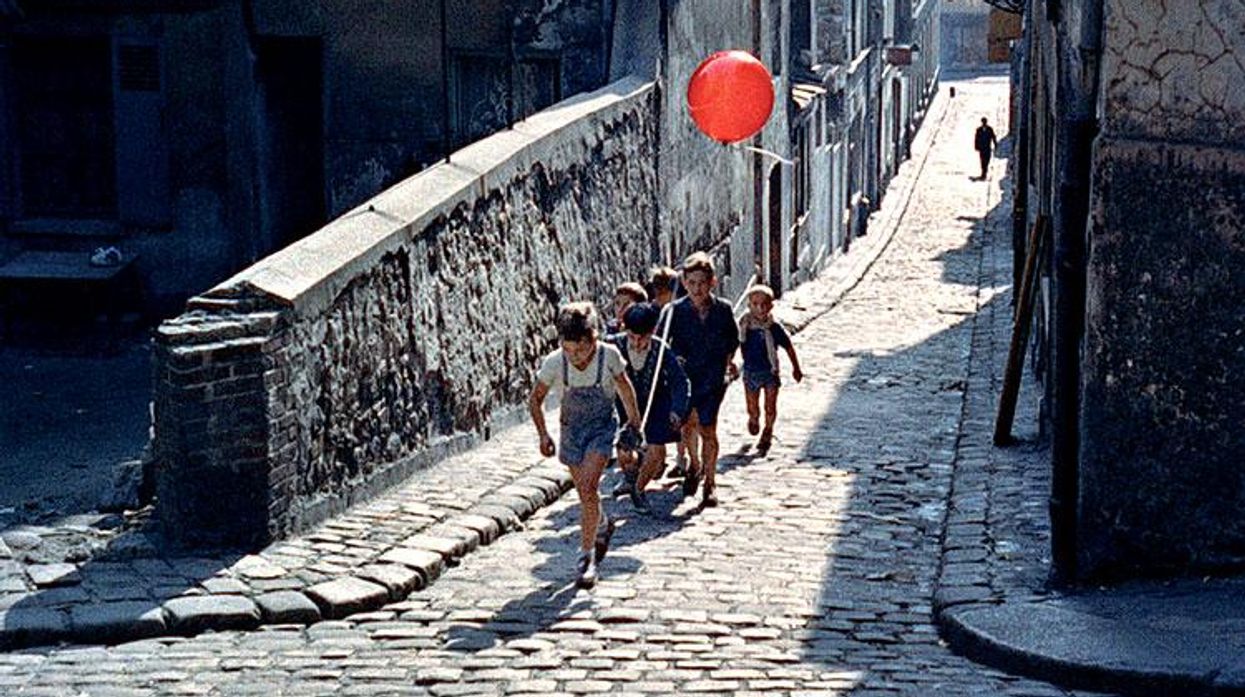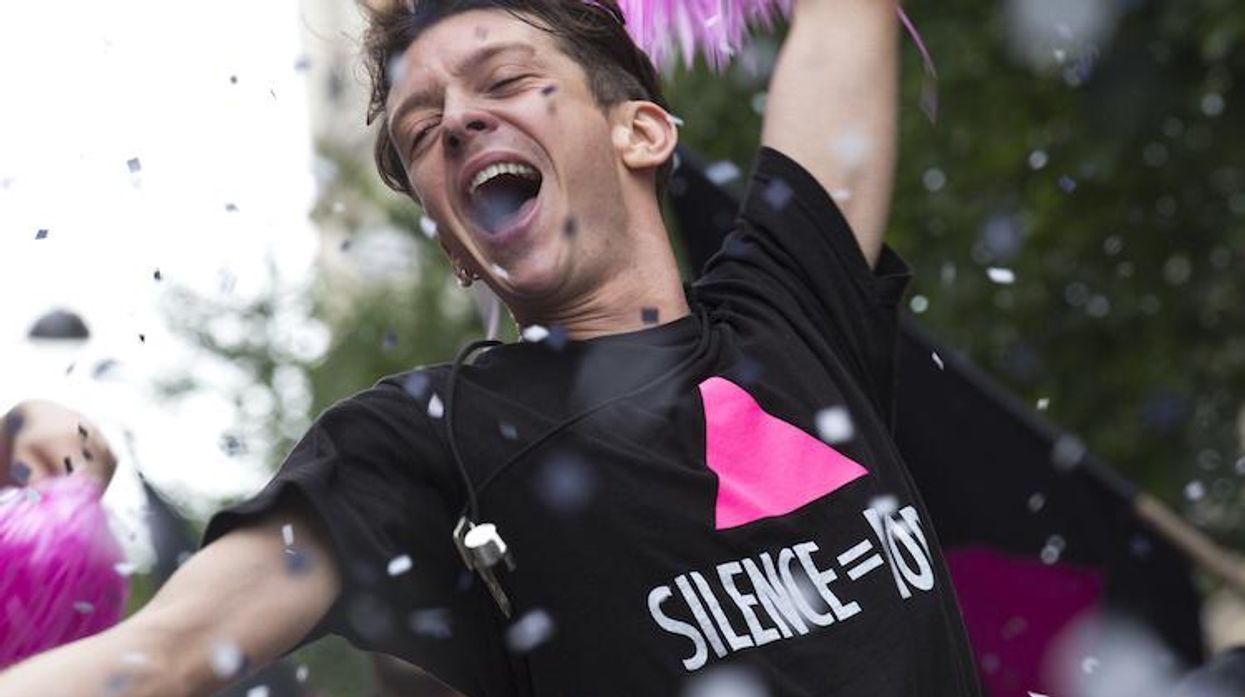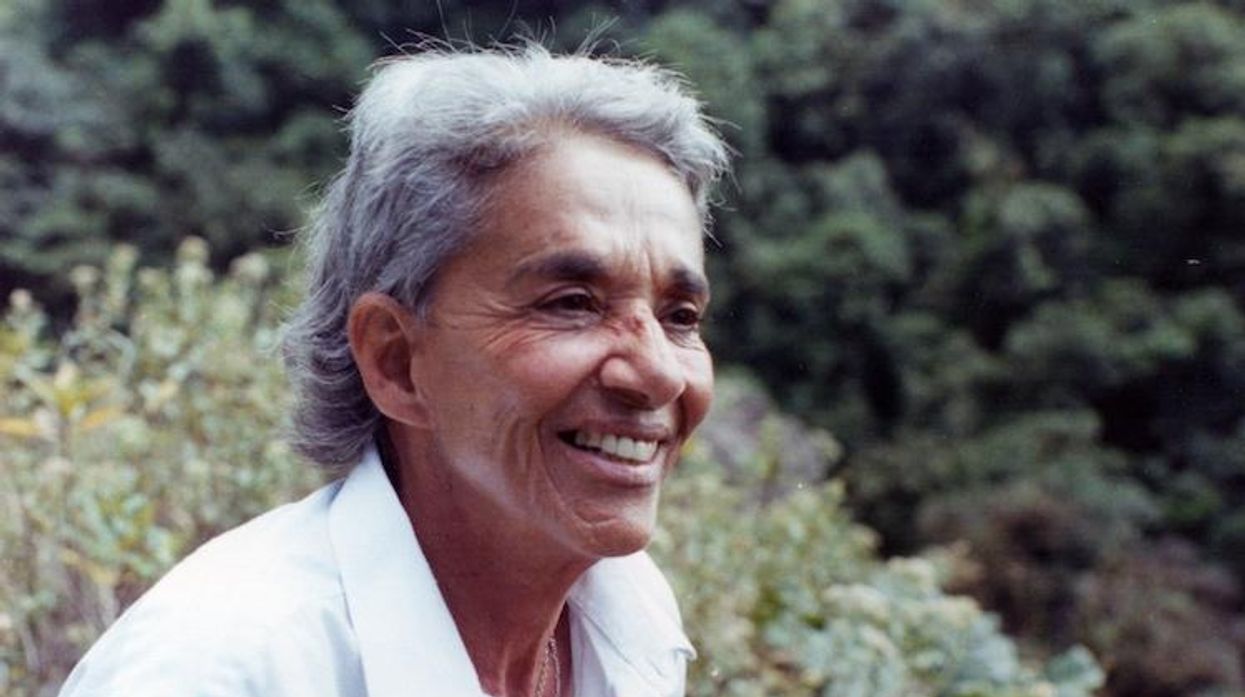Guy Ritchie can pick 'em. The men who become knights in his King Arthur: The Legend of the Sword are an attractive group of lads who, as in all Guy Ritchie stag tournaments, swagger with recognizable street intimidation and crude charm. King Arthur is still the same medieval legend we know from Camelot and Disney's The Sword and the Stone but played with an anachronistic wink that acknowledges both Monty Python and Ritchie's own modern gangsterism. His bad boys appeal through nerve and loyalty--a gruff brand of competition and chivalry like the machismo seen in locker rooms and fashion runways.
While Quentin Tarantino's movies pander to adolescent sadists, they're never sexy. Ritchie's films (through some European elan and perhaps the legacy of British glam- and punk-rock sexual outlaws) are subtly gay-friendly.
To wit: King Arthur stars the lead actors of the 2000 BBC series Queer As Folk (the only Queer As Folk that matters; not the U.S. knock-off). Charlie Hunnam, who played teenage Nathan Maloney, and Aiden Gillen, who played the object of that precocious gay kid's crush, studly initiator Stuart Jones, are reunited with what feels like a natural connection between Arthur and his aide Bill.
This time their frolicking is part of Arthur's initiation into his royal destiny; he learns the world's rough ways just like the high/low camaraderie of Shakespeare's Prince Hal and Falstaff that inspired Gus Van Sant's My Own Private Idaho.
Now that Hunnam has matured, he's not just street-legal, he's also street regal. Sportive, wily and familiar to low cunning, his Arthur is a young man of experience, courage and loyalty--not from some pale, sickly lineage. He's introduced rising from bed with lats and traps bulging beneath his nightshirt. His final image, boasting a circlet crown, is regal and handsome.
Hunnam's movie-star looks translate as the aristocracy of beauty as well as the gallantry of great deeds. Ritchie understands that an Errol Flynn-type rogue must also be valorous. Arthur is led toward his mystical fate by The Mage (Astrid Berger-Frisbey), a female wizard who is not unlike a petulant One Direction fan. She tests him with menacing visions about England's murderous history and future temptations. These slithering phallic symbols balance the meaning of the majestic sword Excalibur but they also lead Arthur to remark "I don't like snakes." The witty Mage simpers, "No one likes snakes." It's Ritchie's nod to Indiana Jones--part of the film's many genre references from 300 to Lord of the Rings.
In King Arthur, Ritchie confirms that his fascination with rascals is rooted in British history and reflects its colonial impact. Arthur's knights and forebears are a desirable, multiculti bunch: Eric Bana as his father Uther Pendragon, Gillen's still-sly Northerner, Kingsley Ben-Adir's Arab cutie Sir Trevor, Asian martial arts instructor Tom Wu, plus the noble African Djimon Hounsou (he's called "you big silly posh bastard," a style-salute worthy of Ritchie's best film Rocknrolla). Even Jude Law revives his heartthrob stare as the villain Vortigern--no one in those childish Harry Potter movies was as hateful yet seductive. This band of merry men prove Guy Ritchie's filmography is a chamber of sexy secrets.


